Webinars And Conference Presentations
What are the challenges for your farmers and food gardeners? Our webinars and conference presentations (see topics below) are science and evidence-based, engaging, and practical.
Use our online webinars to bring together small groups to learn and share their experiences, opinions, and practical ideas. We’ll work with you to design the content for your target group. If the topics listed don’t suit, talk to us about developing tailored content for your specific needs.
Webinars for Farmers
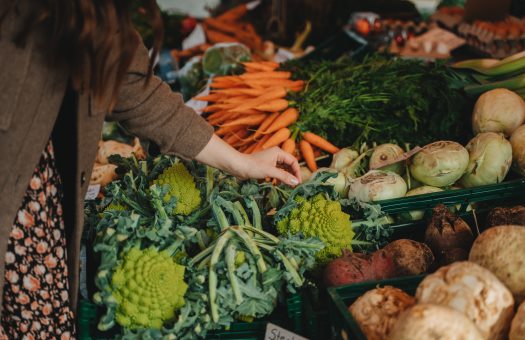
Solving the Problems with Agriculture
The principal narrative for how we will grow food in the future is that it will be technology-driven. Endorsed as our only opportunity to create a “cleaner and greener future” and “produce sufficient food to meet projected demands.”
But will the costs and risks of relying on land with little inbuilt resilience in a changing and unstable climate, combined with emerging resource constraints, global supply chain and environmental issues, make this industrial-styled food production untenable. And if so, what's the alternative?
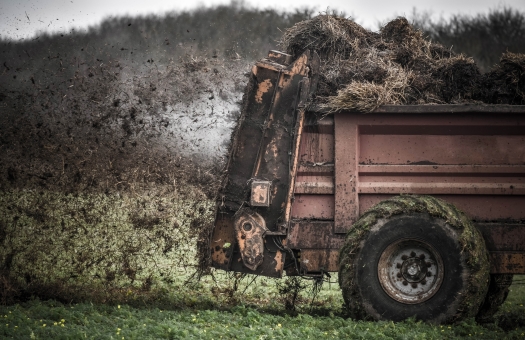
Reduce Your Fertiliser Costs
As leading growers demonstrate, farmers and gardeners can reduce their reliance on fertilisers, compost, and other organic and biological inputs by repairing their soil ecosystems.
This workshop combines the science of building healthy soil with grower experiences, giving participants the know-how to develop practical solutions rehabilitating their soil from fertiliser addiction!
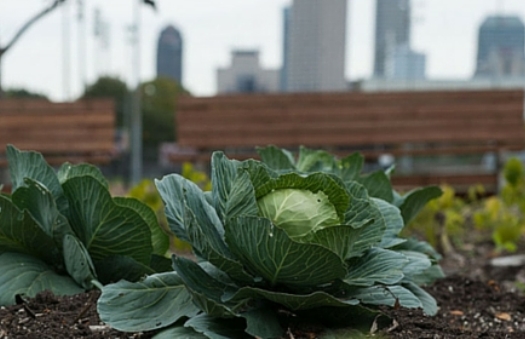
Future-Proof Your Farm
With escalating costs, drought, floods and other extreme weather conditions, it's getting harder to grow food. But there is a solution - expanding the review of our business to include our ecological bottom-line!
Repairing the ecosystems in our production systems reduces our production costs and breakdowns! It’s good for our land and our hip pocket!
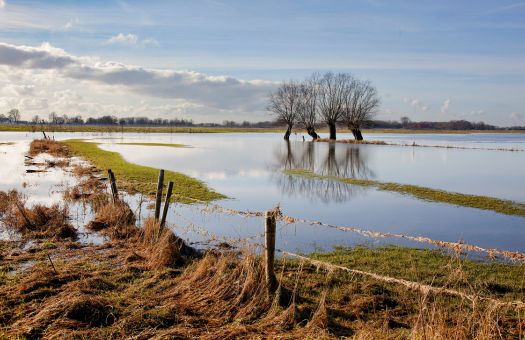
Climate Change - Reduce Your Risks
Drought, flooding rains, cyclones, scorching temperatures and other extreme weather events are not going away. Are current solutions enough? How can we better prepare our farms for climate change?
By simplifying our production systems to apportion as much of the solar energy, water and other nutrients as possible into maximising the yields of crops and livestock, we've destroyed their inbuilt natural resilience.
We'll look at how we can repair the ecosystems with in our production systems without impacting our yields, and benefit from the cost-cutting services functioning ecosystems provide.

Protective Cropping that Doesn't Cost the Earth
With the staggering cost of infrastructure for protective cropping, it would be fantastic to have a viable alternative approach.
We’ll explore how farmers establish natural protective canopies to protect crops from sunburn and extreme temperatures. They take longer to construct, but are substantially cheaper, provide agronomic benefits and opportunities to create additional income streams.

Cultivate Your Livelihood by Nurturing Your Land
Contrary to what we’d expect, it’s possible to earn a better livelihood from our land by taking better care of it!
Discover how farmers have made these two apparently opposing forces work together to their advantage by repairing the ecosystems in their orchards and fields! Join the discussion to explore how this eco-logical approach can work for you.
Webinars for Gardeners
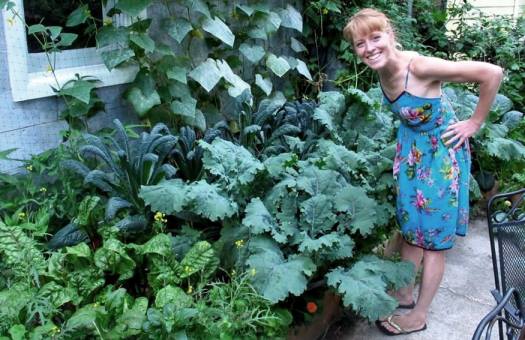
Future-Proof Your Garden
It's getting expensive and harder to grow food. Every time the weather turns bad, it feels like we’re running out of opportunities to keep our families supplied with wholesome home-grow food.
There is a solution – repairing the ecosystems within our veggie and fruit gardens. Getting our ecosystems functioning again, we can rely on Nature’s FREE ecological services instead of fertilisers, pest controls and other products and create growing conditions better able to weather the storms of climate change.
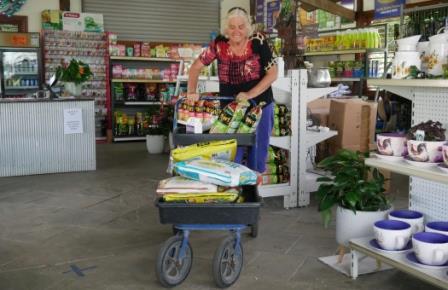
Reduce Your Fertiliser Costs
As leading growers demonstrate, farmers and gardeners can reduce their reliance on fertilisers, compost, and other organic and biological inputs by repairing their soil ecosystems.
This workshop combines the science of building healthy soil with grower experiences, giving participants the know-how to develop practical solutions rehabilitating their soil from fertiliser addiction!
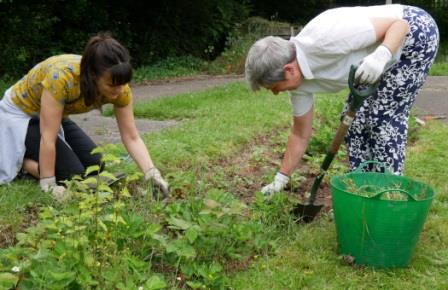
How to get Rid of Weeds for Good
Weeding is like mowing the lawn and washing the dishes – it’s never-ending! There are more rewarding things to do with our time! That’s why the practical solution to weeds is to use them instead of removing them.
Given a chance, weeds will enthusiastically help us build healthy soil. And because healthy soil is not something weeds like getting their roots into, we get rid of weeds for good!
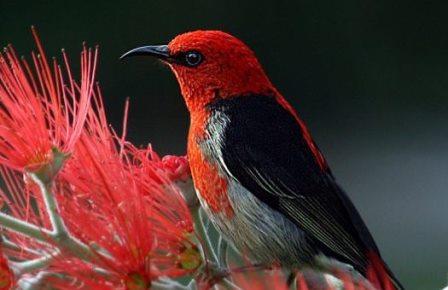
ReWild your Garden (And still Grow Food)
There is a common misconception that to rewild our gardens, we have to allow them to return to Nature, leaving us no space to grow food. It's not true. Rewilding isn't limited to restoring wild landscapes and the habitat for keystone species like wolves, otters, and condors. As rewilding also involves restoring natural processes, we can make our veggie patches 'wilder' by restoring these ecological processes.
Find out why our gardens will be in better shape than they are now and how we'll benefit from the free ecological services functioning ecosystems provide.
What People say about our Webinars
"Wendy shows how landholders small or large can adapt to a changing climate without breaking the bank by focusing on the fundamental ecological principles, helping people recognise the journey they want to undertake or clarify where they are at in this point in time.
She shows that to produce food we need to ensure the ecosystems supporting our production systems are functioning. A wonderful start to our 'RegenAG Mentoring Group' webinar journey."
Vicki Horstman
Fitzroy Basin Assoc Inc, Queensland Australia
"Wendy was key note speaker at our webinar 'Future Proofing Your Land'. Her excellent publication, “Eco-logical Farming Handbook” was the basis of her presentation. I was impressed with the time and effort Wendy put in to tailoring her presentation to cater for the needs of our audience. Over several meetings, Wendy fashioned a presentation that was well received."
"Wendy’s considerable knowledge of the subject and first hand experience really shone through."
Peter Stay
Geelong Landcare Network, Victoria Australia

© Copyright Learning from Nature.
All Rights Reserved
